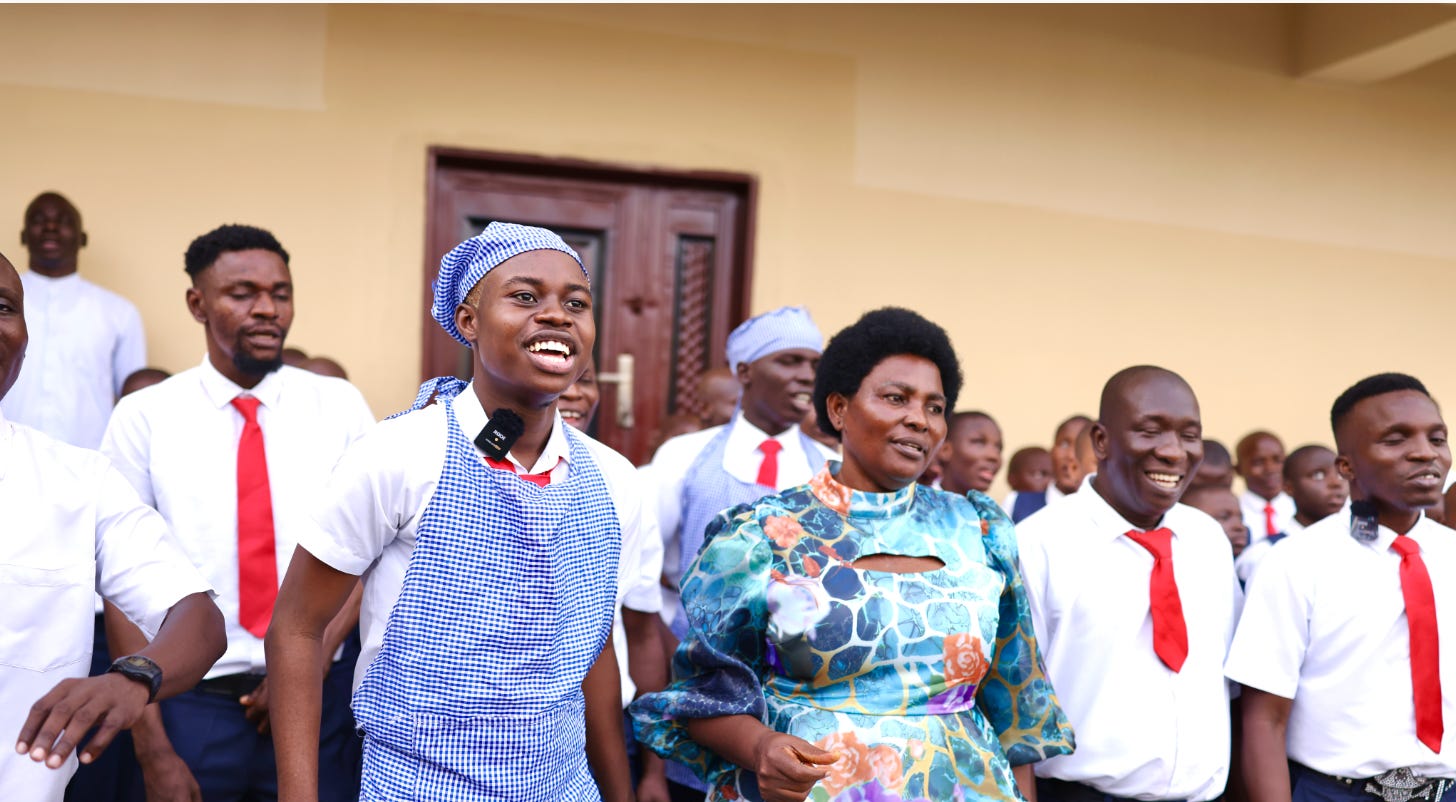What it means to live with blindness in Lagos
Nigeria is home to around 1.3 million blind people.

In August 2025, hundreds of people living with disabilities blocked the roads leading to the Murtala Muhammed airport in protest.
The demonstration was led by …



